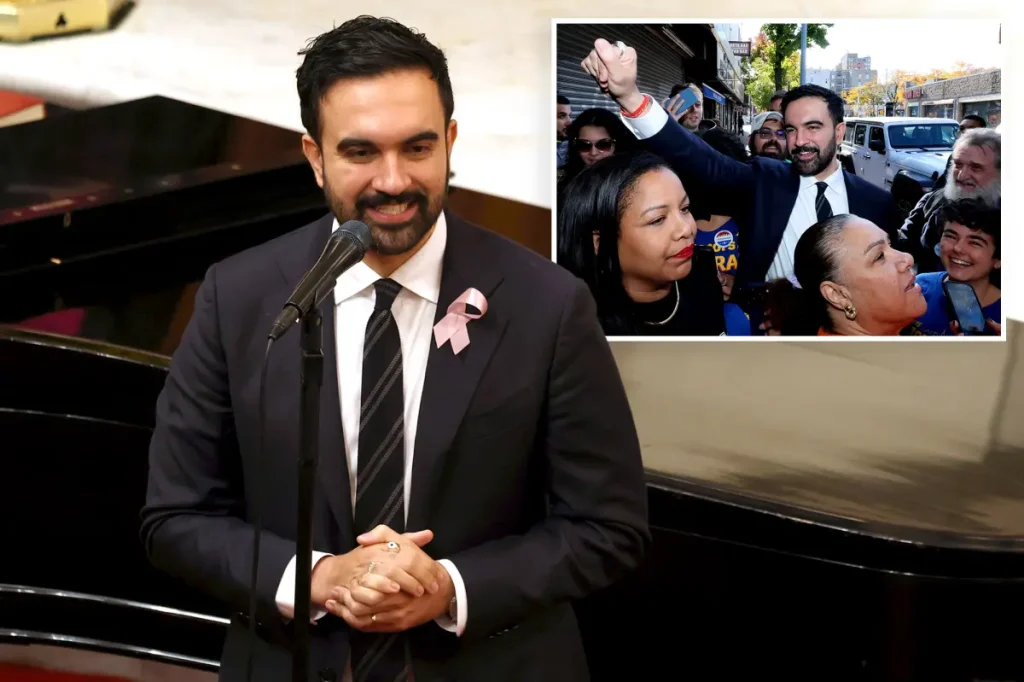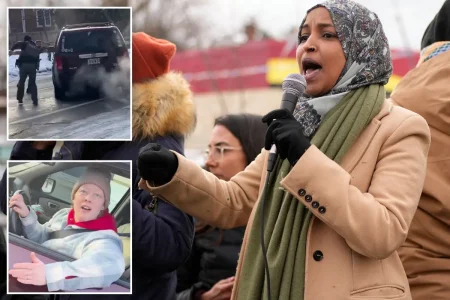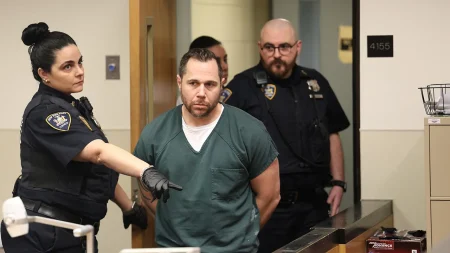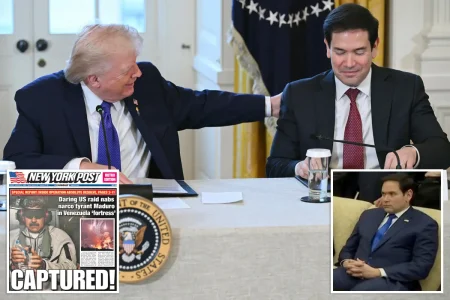Zohran Mamdani Stands Firm as Democratic Socialist Amid Citizenship Controversy
In the heat of New York City’s mayoral race, candidate Zohran Mamdani has found himself at the center of a political firestorm that extends beyond local politics to the halls of Congress. The 34-year-old proudly embraces his identity as a “democratic socialist” while facing accusations from Republican representatives that he concealed his Democratic Socialists of America (DSA) membership on his 2018 naturalization paperwork. With just days until the November 4 election—where polls show him leading former Governor Andrew Cuomo and Curtis Sliwa—Mamdani remains defiant against attempts to characterize him as a communist, a label he firmly rejects despite his progressive politics. “No matter how many times these Republican Congress members or the president of this country calls me a communist, it doesn’t make it true,” Mamdani told The Post, pointing out the irony that congressional Republicans seem more focused on his citizenship status than addressing the ongoing government shutdown affecting millions of Americans.
The controversy deepened when Representatives Randy Fine (R-Florida) and Andy Ogles (R-Tennessee) called for investigations into Mamdani’s citizenship, suggesting it should be revoked based on his DSA membership. Their argument hinges on congressional rules that categorize communism under a “totalitarian umbrella” that could potentially disqualify individuals from US citizenship. However, this argument stands on shaky ground since the DSA is not officially classified as a communist organization, though some of its members may identify as communists. The distinction between democratic socialism and communism—often blurred in American political discourse—has become central to the attacks against Mamdani, who has consistently maintained that he is simply a DSA member, not a communist.
Mamdani’s personal journey adds another layer to this political drama. Born in Uganda, he moved to New York City at age seven while his father taught at Columbia University. He became a naturalized US citizen in 2018, a process now under scrutiny by his political opponents. The mayoral candidate views these attacks as politically motivated distractions rather than legitimate concerns about his eligibility for citizenship. “I think it is telling that in a moment where their Republican Party has shut down the federal government out of an attempt to throw four million Americans off their healthcare, a moment when active duty military families are forced to line up at food banks, they would rather focus on my citizenship,” he remarked, highlighting what he sees as misplaced priorities among his critics.
Beyond questioning his political affiliations, Representative Ogles has also sought to investigate Mamdani’s citizenship based on his past as a rapper. In June, Ogles sent a letter to US Attorney General Pam Bondi requesting a Department of Justice investigation into lyrics Mamdani once rapped that allegedly expressed solidarity with Hamas. This multi-pronged approach to challenging Mamdani’s citizenship status demonstrates the extent to which national partisan politics has infiltrated what would typically be a local mayoral race. It also reflects broader tensions in American politics regarding immigration, citizenship, and the boundaries of acceptable political discourse.
The timing of these attacks is particularly noteworthy as they come when Mamdani leads in the polls ahead of the November election. This suggests potential political motivations behind the scrutiny, as national Republican figures insert themselves into a mayoral contest in a predominantly Democratic city. The controversy raises important questions about the nature of American citizenship, the rights of naturalized citizens to hold political views across the spectrum, and the distinction between legitimate oversight of the naturalization process and politically motivated attempts to discredit opponents. It also highlights the increasingly blurred lines between local, state, and national politics in an era of heightened partisanship.
As Election Day approaches, Mamdani continues to campaign while fighting back against what he characterizes as distractions from the real issues facing New Yorkers. His response to these challenges—maintaining his political identity while rejecting mischaracterizations of his beliefs—offers a window into how progressive politicians navigate attacks on their legitimacy in contemporary American politics. Whether this controversy will impact his standing in the polls remains to be seen, but it has certainly elevated what might have been a standard mayoral race into a national conversation about immigration, citizenship, and the boundaries of America’s political spectrum. For Mamdani and his supporters, the focus remains on the issues affecting New York City residents, even as national figures attempt to shift the narrative to questions about his right to participate in the democratic process he seeks to lead.











